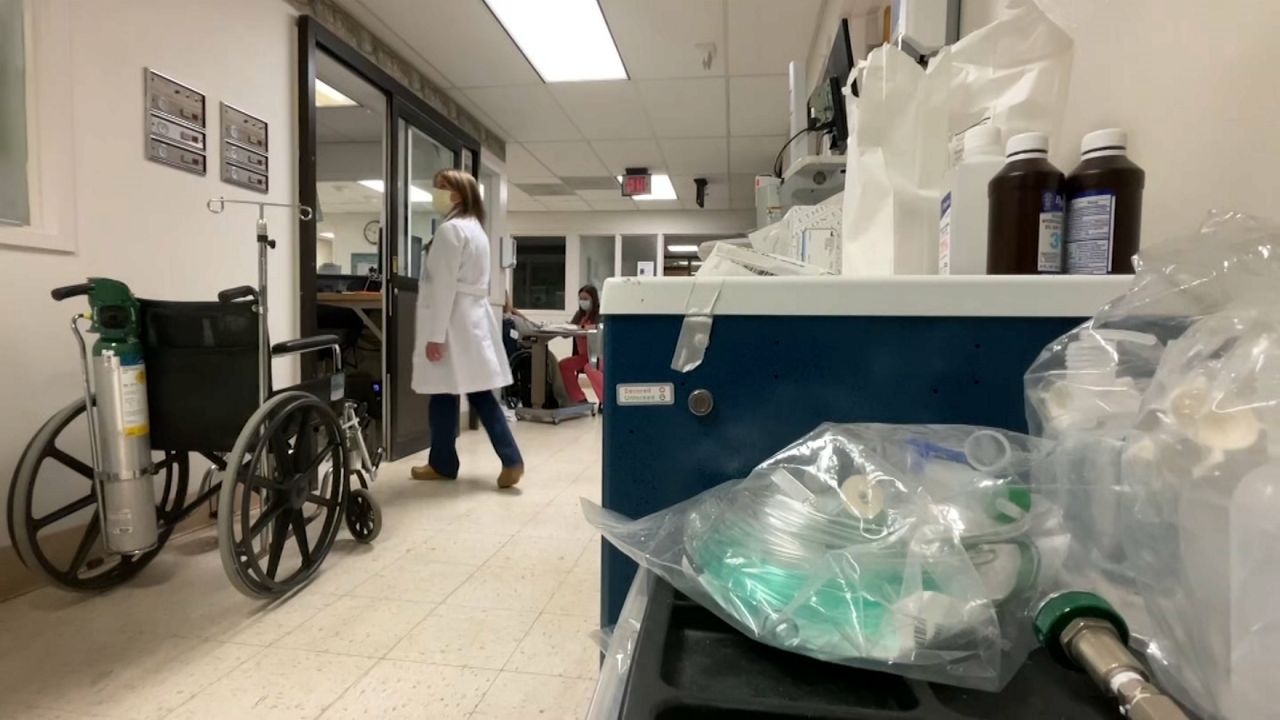Safety net hospitals that provide services and care for people who lack insurance or use Medicaid need a boost in funding by New York state, members of the Black, Puerto Rican, Hispanic, and Asian Legislative Caucus urged on Tuesday.
The push comes as lawmakers and Gov. Kathy Hochul are negotiating a $227 billion budget proposal that is due to pass by April 1.
Safety net hospitals predominantly serve people of color, who have also faced health complications and problems in the wake of the COVID pandemic.
Many safety net hospitals provided care for up to 80% of the first wave of COVID patients, and many of those patients were also frontline workers.
“Safety net hospitals provide care to millions of New Yorkers in some of the City’s most underserved neighborhoods, but unfortunately, the Governor’s proposed budget fails to include adequate funding for these centers of care,” said Assemblymember Michaelle Solages, the chair of the Black, Puerto Rican, Hispanic, and Asian Legislative Caucus. “In 2020, these hospitals were there for us, and now it’s time we’re there for them. Increasing funding for these essential hospitals will not only help them get financially stable, but it is also an investment in the predominantly Black, Latino, and Asian communities they serve by enabling their ability to create much-needed population health programs.”
Many of the safety net hospitals have had financial struggles created in part by structural problems with how they are reimbursed by the state.
New York hasn't had a major increase in Medicaid reimbursement rates since 2008. Hochul this year is proposing a rate increase, though many hospitals and nursing homes believe a larger one is needed to aid with their finances.
“Our safety net hospitals serve 5 million New Yorkers in the most marginalized communities. They provide accessible healthcare for those who can least afford it," said Assemblywoman Jenifer Rajkumar. "During the COVID-19 pandemic, these hospitals were at the frontlines of seeing minority communities through the public health crisis. Now we have a moral imperative to invest in these hospitals so that they can improve operations, increase capacity, attract talent, and more effectively treat the health conditions of the most vulnerable and underserved New Yorkers.”



